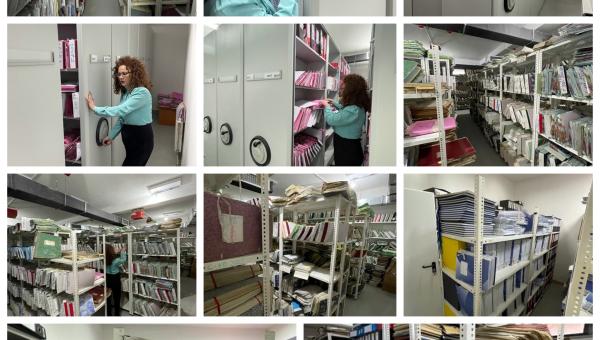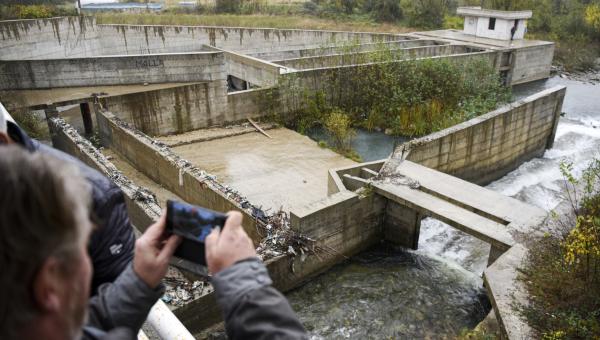Dealing with Conflict Legacy in Kosovo
Project Summary:
The conflict in Kosovo in the late 1990s led to tens of thousands of casualties and hundreds of thousands of civilians being displaced from their homes. More than twenty years after the end of the conflict, 1617 persons remain unaccounted for. The unresolved legacies of the conflict and the resulting impunity have left victims and their families’ rights unaddressed.
Families of missing persons lack adequate institutional support as well as a cohesive voice which can hold institutions accountable. This creates an environment of polarization, grievances and division that is not conducive to social cohesion. Furthermore, the issue of missing persons is linked to women and youth disempowerment, despite the positive role they can play in strengthening social cohesion.
Social cohesion as a programmatic approach to building sustainable peace and preventing the recurrence of violence ultimately strengthens the rule of law, democratisation, and reconciliation as the overarching objectives of transitional justice.
In this context, the project intends to contribute to a constructive space for inter-ethnic dialogue and engagement of all communities with institutions by enhancing coordination between associations of families of missing persons, tackling divisive narratives which hinder inter-community dialogue and empowering women and youth as agents of change towards creating a society that is able to openly discuss its past, and the role they played in the conflict, without victimisation and blame.
What do we want to achieve?
- The project aims to contribute to a constructive space for interethnic dialogue which dispels divisive narratives and engages women and youth as agents of change, in addressing legacies of the conflict.
- The project will concentrate its efforts in promoting inter-ethnic trust, building relationships between communities and strengthening social cohesion through locally owned processes which also include non-Albanian and non-Serb communities to the extent possible.
Expected Results:
1. Civil society's ability to engage in a unified voice with policymakers strengthened.
2. Within target groups a more positive, inclusive, and constructive
narrative is more visible and strengthened.
Main Results:
- The Concept Note on Law on Missing Persons reviewed and endorsed by the PMO.
- Develop GCMPs communication capacities and provide innovative tools for external communication.
- Digitalization of IFM and KP archive related to missing persons and, contribute to more effective investigation process.
- Missing Persons Family Associations in Kosovo empowered to contribute on the process of peace making and reconciliation.
- 23 minority families returned and reintegrated. Out of 80 direct beneficiaries (23 families) supported, over 70% are women.
- Three reports on monitoring conflict related crimes trials published.
- Transitional Justice Resource Center, within University of Pristina, enriched with specific books related to worldwide practices on TJ.
Overview
| Status | Active |
| Where? | Kosovo wide |
| Beneficiaries | Missing Persons Resource Center (MPRC), Coordinating Council of Family Associations of the Missing Kosovo (CCFAMK), Government Commission for Missing Persons in Pristina (GCMP), Civil Society Organisations and Associations of victims and missing persons families |
| Partners | MPRC, CCFAMK, GCMP, Humanitarian Law Center Kosovo (HLCK), Danish Refugee Council (DRC) Kosovo |
| Duration: | February 2023 - March 2025 |
| Project Budget: | GBP 586,929 |
| Donors: | British Embassy in Pristina |
| Contact: | Marta K. Gazideda Governance and Peacebuilding Portfolio Manager/Deputy Programme Coordinator marta.gazideda@undp.org Tel: +383 38 249 066; Mob: +383 49 785 895 Florent Vranica, Project Manager florent.vranica@undp.org |

 Locations
Locations




